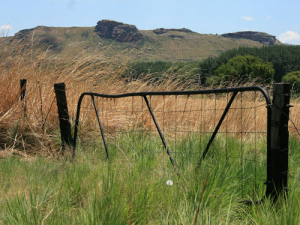We've had lately an abundance of reports on how New Zealand should tackle its carbon emissions profile – especially regarding agriculture’s contribution.
Many advocates claim the science is settled on climate change, others strongly disagree.
What can be agreed is that greenhouse gases can be seperated into short-lived and long-lived varieties. It is argued that short-lived gases, notably methane, exist in the atmosphere for less time but cause a lot of damage. Long-lived gases, such as carbon dioxide, are less harmful but persist in the atmosphere much longer, effectively ‘locking in’ the warming they create.
NZ is in a unique position: the size of our agriculture industry means short-lived gases make up a much larger proportion of our emissions than those of other countries.
A recent report by the Productivity Commission recommends placing methane within a dual-cap emissions trading scheme, or an alternative methane quota system, to “incentivise reductions of biogenic methane” in recognition of its nature as a short-lived greenhouse gas.
This follows a report by the Parliamentary Commissioner for the Environment saying that methane emissions would need to be cut by 10 - 22% by 2050 to contribute to halting global warming. Such cuts could be made by cutting stock numbers and reducing the emissions of each animal, the report said.
But now we are hearing claims that “farmers will be given a reprieve” in the calls for NZ to reduce its methane emissions to zero. Climate change zealots, typically Greenpeace and Forest & Bird, insist that all NZ’s emissions must be reduced to net zero – including those from the agriculture sector. They say the Government has a “scientific and moral” obligation to include agriculture in the Zero Carbon Bill.
However, it makes sense for the Government to treat methane differently from other greenhouse gases in its Zero Carbon Bill; that would direct NZ toward meeting its Paris Agreement commitments to reduce greenhouse gas emissions. Climate Change Minister James Shaw has indicated that short and long-lived gases could be treated differently under the Zero Carbon Bill.
Despite claims by the naysayers, agriculture is facing up to its responsibilities. However, for the sake of the country, the economy and the farming sector – and the planet – any final decisions must be carefully and fully considered.











